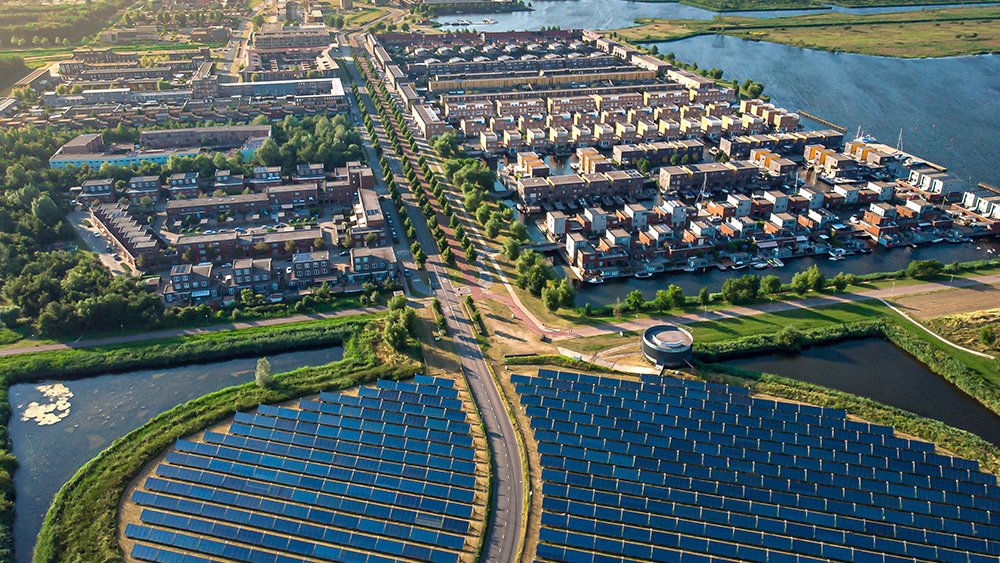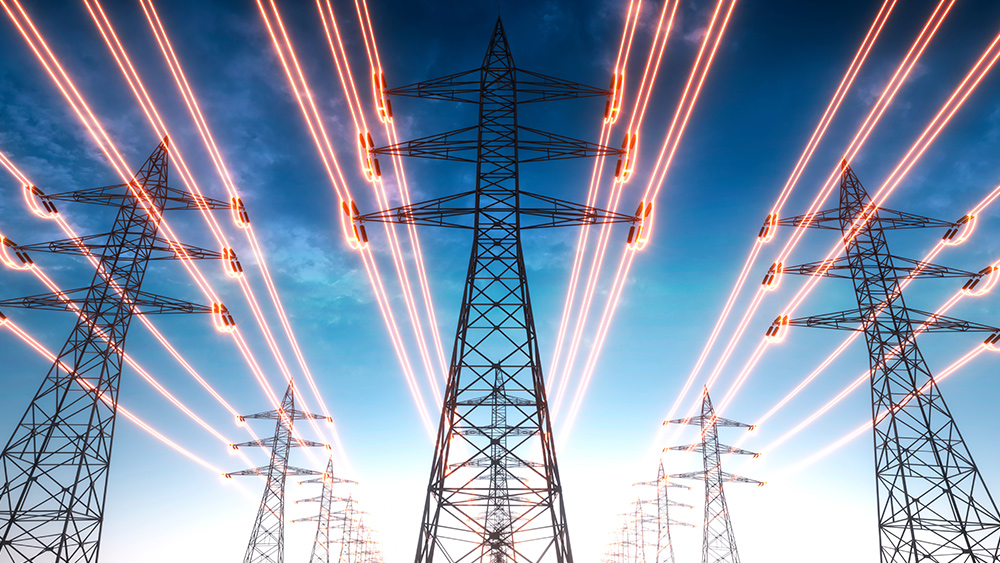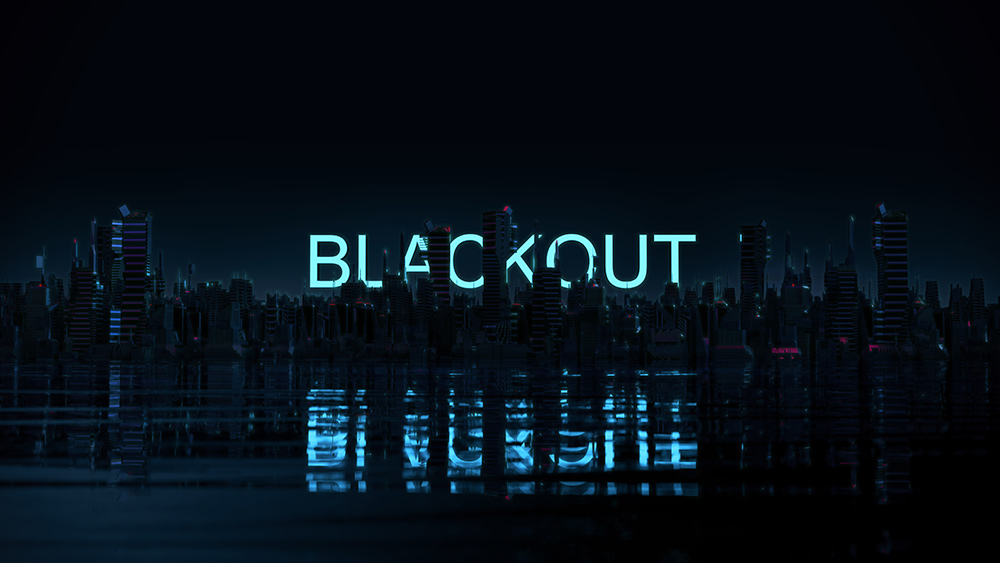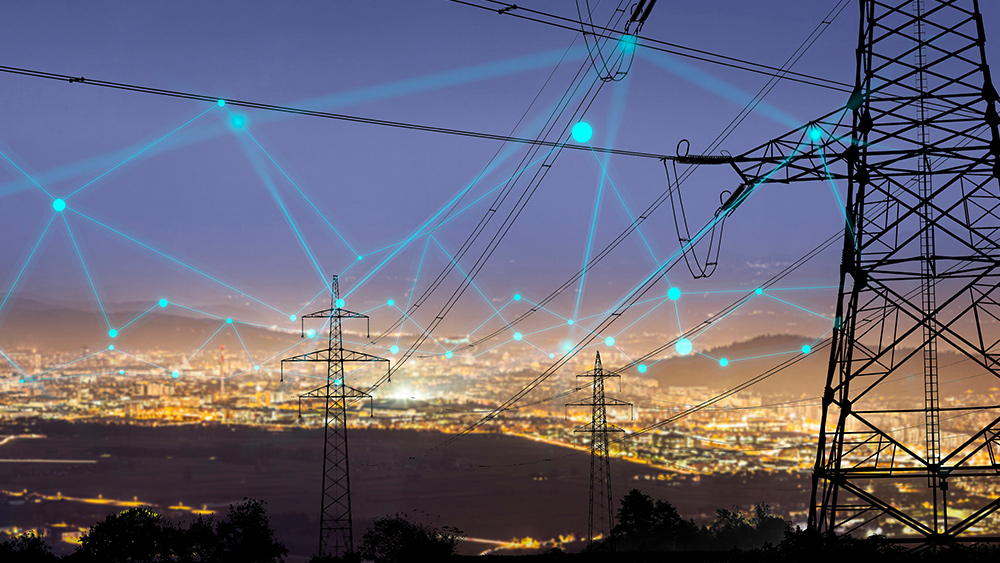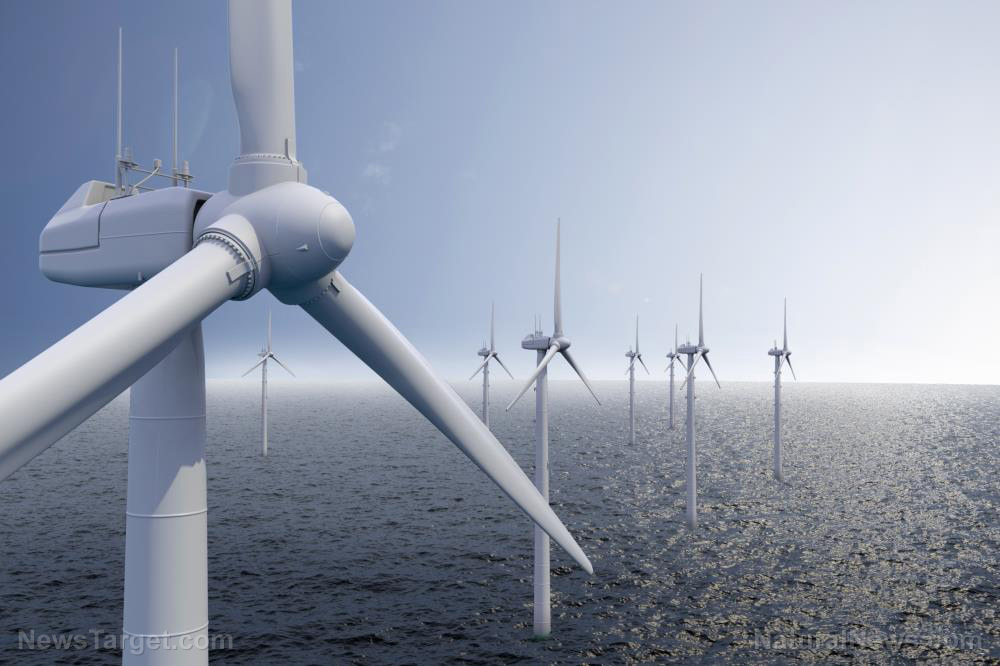Green energy experiment by Spain and Portugal fails with power grid collapse and blackout
05/05/2025 / By Ramon Tomey
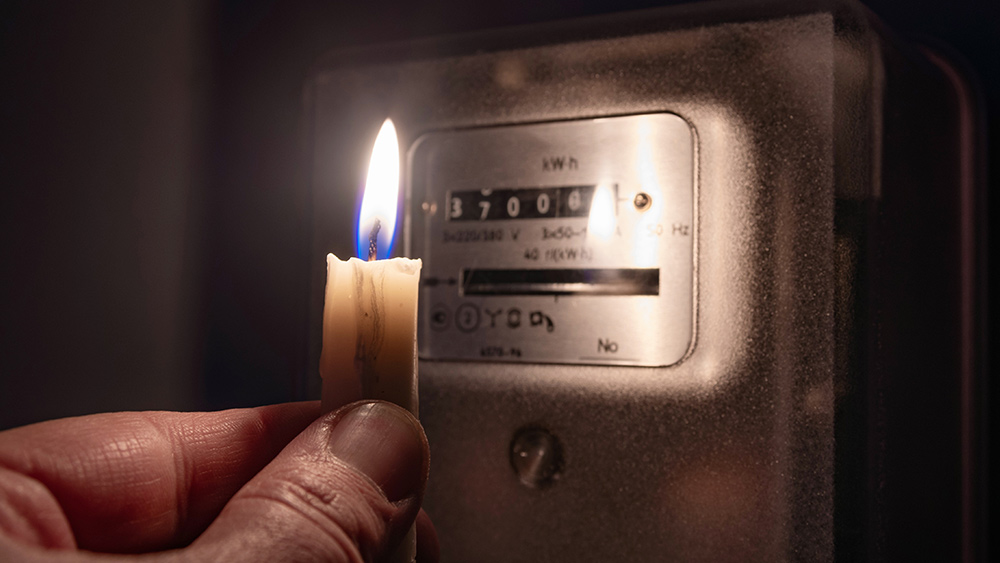
- A massive power outage on April 28 left millions without electricity, disrupting transportation, emergency services and commerce – one of Europe’s worst peacetime blackouts.
- The collapse followed Spain’s celebration of running entirely on renewable energy, exposing the instability of wind and solar power when traditional baseload sources (like nuclear or fossil fuels) are phased out.
- Spain had to import power from France (nuclear) and Morocco (fossil fuels), highlighting the risks of energy policies prioritizing ideology over reliability. Critics warned such failures were predictable.
- Spain’s socialist government aggressively pushed renewables while neighboring countries expanded nuclear capacity. The prolonged outages contrasted with France’s quick recovery, underscoring the need for balanced energy strategies.
- The blackout serves as a cautionary tale for regions relying on intermittent renewables, especially ahead of winter. Policymakers face a choice: Reassess energy mixes or risk further crises.
A historic blackout swept across Spain and Portugal on April 28, just hours after Spain celebrated running its grid entirely on renewable energy for the first time. The outage – one of the largest in Europe’s peacetime history – left millions without power and crippled transportation, commerce and emergency services.
The blackout struck at 12:35 p.m. local time – halting trains, trapping elevator passengers and forcing flight cancellations. Traffic lights went dark, hospitals scrambled to rely on overtaxed backup generators and cell networks faltered under the strain.
Experts warn that the collapse was not an accident but the inevitable result of over-reliance on intermittent wind and solar power, which lack the stability of traditional energy sources. As Spain scrambled to import electricity from nuclear-powered France and fossil-fuel-dependent Morocco, the incident reignited debates over the feasibility of rapid green energy transitions.
Michael Shellenberger, an energy policy analyst, noted that the disaster was “the exact failure that many of us have been, repeatedly, warning lawmakers about for years.” Marc Morano of Climate Depot added that Spain’s grid, stripped of reliable “dispatchable” power plants like nuclear or natural gas, lacked the resilience to handle sudden disruptions.
The nation’s socialist government under Prime Minister Pedro Sanchez had aggressively phased out conventional energy, even as neighboring countries expanded nuclear capacity. However, Spain’s blackout follows a troubling pattern seen across Europe. Despite massive government investments in renewables, the results have often been disastrous.
Spain’s green energy “triumph” only lasted days
The timing of the blackout was particularly striking. Just six days earlier on April 22, media outlets had hailed Spain’s renewable milestone as a triumph. Yet within hours, the fragility of an all-green grid became undeniable. (Related: Spain’s dark day: Renewable milestone followed by catastrophic blackout highlights grid vulnerabilities.)
France, with its nuclear-dominated energy mix, restored power quickly while Spain and Portugal faced prolonged outages. Critics argue the crisis exposes the dangers of politically driven energy policies that prioritize ideology over reliability.
As winter freeze warnings loom for Western Europe and North America, the blackout serves as a stark lesson. Energy grids dependent on weather-variable sources risk catastrophic failure when demand surges or supply falters.
While Spain’s cafes handed out free melting ice cream in the aftermath, the broader implications are far graver. The incident underscores the need for balanced energy strategies that incorporate both innovation and proven baseload power – before the next crisis leaves entire nations in the dark.
The question now is whether policymakers will heed the warning or double down on a failing experiment. One thing is clear: When the lights go out, ideology won’t keep them on.
Watch David Knight delivering a “sanity check” on renewable energy in this clip.
This video is from The David Knight Show channel on Brighteon.com.
More related stories:
Millions without power as Spain and Portugal face unprecedented power outage.
Spain’s renewable energy “success” triggers nationwide blackout, exposing grid vulnerabilities.
Net zero madness leaves Spain in the dark as green energy push triggers Iberian Peninsula blackout.
Sources include:
Submit a correction >>
Tagged Under:
big government, blackout, chaos, Collapse, disaster, electricity, energy supply, green energy, green living, Green New Deal, green tyranny, national security, new energy report, panic, Pedro Sanchez, Portugal, power, power grid, renewable energy, SHTF, Spain
This article may contain statements that reflect the opinion of the author
RECENT NEWS & ARTICLES
Electricity.News is a fact-based public education website published by Electricity News Features, LLC.
All content copyright © 2018 by Electricity News Features, LLC.
Contact Us with Tips or Corrections
All trademarks, registered trademarks and servicemarks mentioned on this site are the property of their respective owners.






